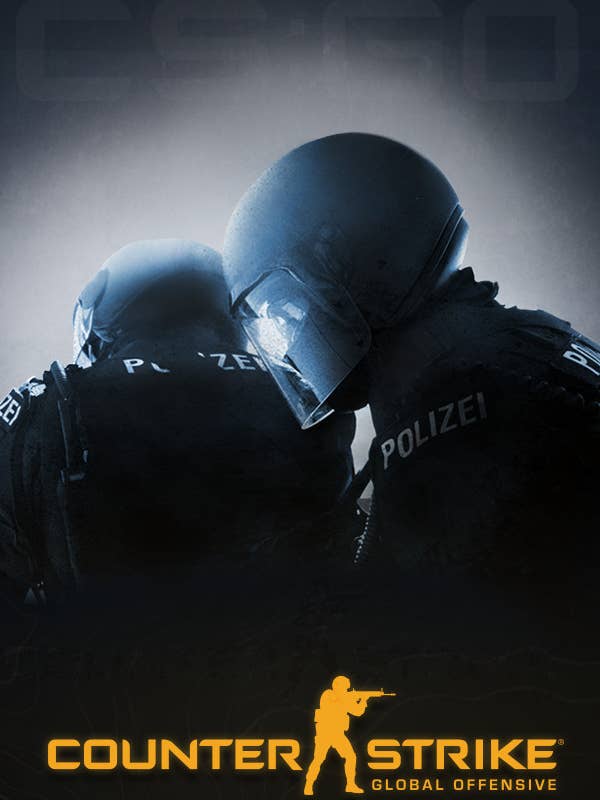Elevate Your Digital Presence
Explore tips and strategies to enhance your online engagement.
When Toxicity Hits the Fan: Unpacking CSGO's Most Memorable Reports
Dive into the chaos as we unravel CSGO's most shocking toxicity reports! Discover the drama that shook the community!
The Rise of Toxicity in CSGO: Key Incidents That Shocked the Community
The rise of toxicity in CSGO has been a concerning trend that has affected the gaming community profoundly. Notable incidents such as the infamous "Toxicity in Gaming" report by the Anti-Defamation League shed light on the increase in abusive behavior. Players have reported a range of negative experiences, from verbal harassment to targeted trolling, making the gaming environment less enjoyable for many. Furthermore, the implementation of voice chat has only exacerbated these issues, with players often encountering aggressive and demeaning language that can ruin gameplay.
Several key incidents have shocked the CSGO community, highlighting the severity of this issue. For instance, in 2020, a prominent streamer was banned after a heated argument resulted in them using slurs during a live broadcast, revealing the toxic underbelly of competitive gaming. Additionally, the CSGO community witnessed multiple cases of players filing reports against each other, with statistics indicating that around 40% of players have experienced harassment. These events not only exemplify the toxicity that has become widespread but also challenge developers and community leaders to find effective solutions to foster a more inclusive environment.

Counter-Strike is a popular tactical first-person shooter that emphasizes team-based gameplay and strategic planning. Players can acquire various weapons and items throughout the game, including special cases such as the operation vanguard weapon case, which contains exclusive skins and upgrades. The competitive nature and ongoing updates keep the community engaged and active.
How Toxic Behavior Affects Gameplay in CSGO: A Deep Dive
Toxic behavior can significantly impact gameplay in CS:GO, leading to a decline in overall team performance and player satisfaction. When individuals engage in negative actions such as trolling, harassment, or excessive communication that veers into toxic territory, it creates an environment that hinders teamwork and collaboration. Players may become frustrated, leading to mistakes that affect the outcome of matches. Additionally, the focus on toxic interactions can divert attention away from objectives, ultimately diminishing the gaming experience for everyone involved.
Moreover, the consequences of toxic behavior extend beyond just the immediate match. Teams frequently plagued by negativity may struggle to build chemistry, resulting in poor gameplay and lower win rates over time. This toxic behavior not only affects personal performance, but it can also drive away new players who are seeking a positive community. As a result, fostering a supportive and encouraging atmosphere is crucial in maintaining a healthy CS:GO environment where players can thrive and enjoy the game.
Can We Combat Toxicity in CSGO? Strategies for a Healthier Gaming Environment
Counter-Strike: Global Offensive (CSGO) has been a breeding ground for toxicity, affecting the gaming experience for countless players. To combat this issue and foster a healthier gaming environment, it is essential to implement several strategies. First, community engagement plays a crucial role. Encouraging players to report toxic behavior and establishing clear guidelines can create a more respectful atmosphere. Game developers can enhance this by refining their reporting systems to ensure that toxic players face appropriate consequences.
In addition to community-driven efforts, the use of in-game features can also help reduce toxicity. Implementing options for players to mute or block disruptive teammates fosters a more positive atmosphere. Furthermore, promoting sportsmanship through rewards for positive behavior can motivate players to engage in more constructive interactions. Ultimately, creating a culture of respect and understanding within the CSGO community is vital for combating toxicity and ensuring a more enjoyable gaming experience for all.